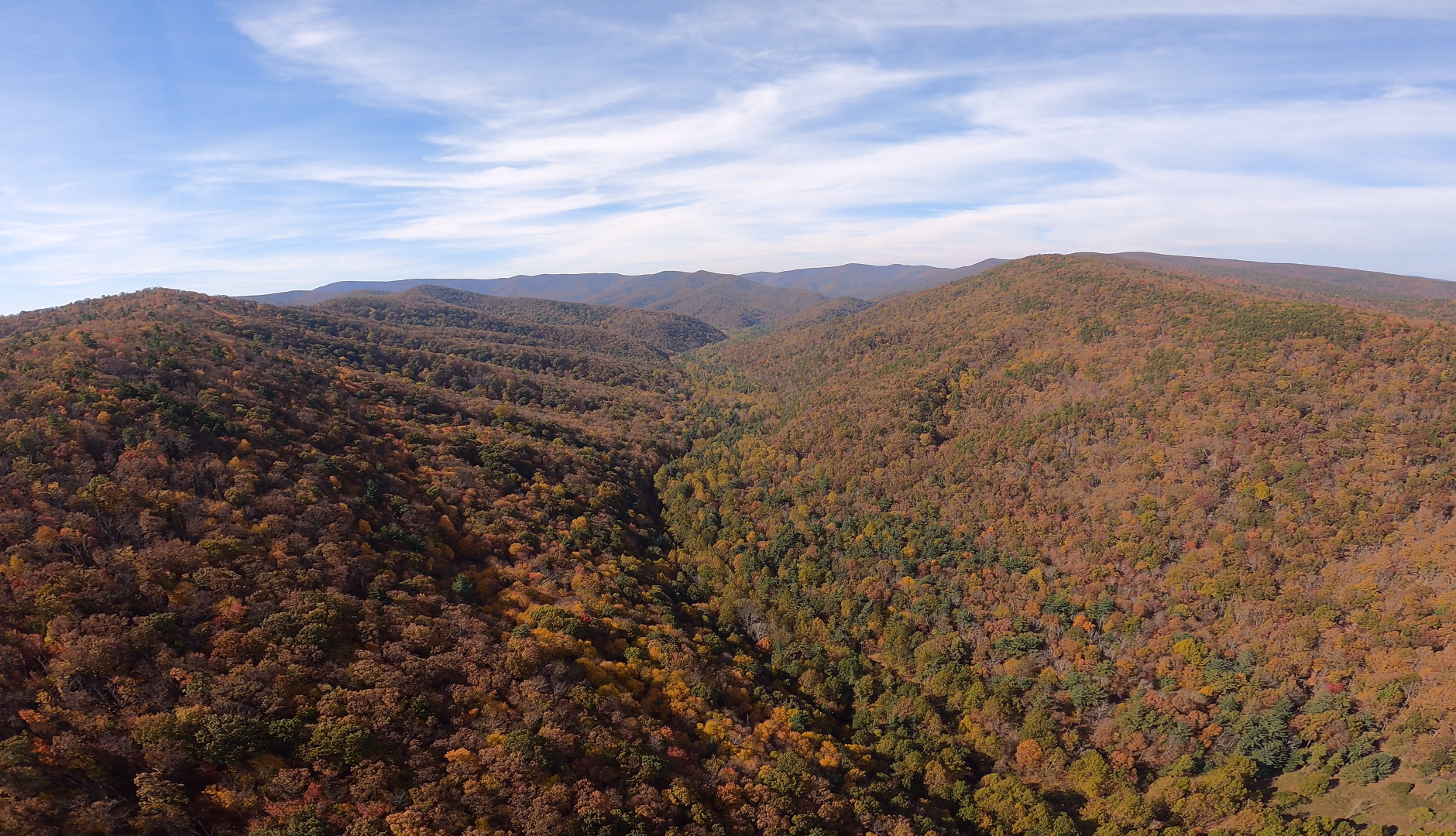The long-standing U.S. Forest Service Roadless Area Conservation Rule—which for nearly 25 years has limited new road-building and industrial development in the wildest parts of our national forests—is now under active attack. In June, USDA leadership moved to rescind the rule nationwide, and groups across Appalachia are pushing back, citing risks to wildlife habitat, clean water, and outdoor recreation economies. A recent article by ABRA’s long-time partner, Southern Environmental Law Center, lays out what’s at stake and why the rollback is being rushed, noting that roadless protections already allow wildfire-safety work and that repeal would open the door to mining, drilling, logging, and new roads across millions of acres, including in Virginia and West Virginia.
Our other regional partners are sounding the alarm, too. Virginia Wilderness Committee noted how repeal could imperil drinking-water supplies tied to George Washington & Jefferson National Forest roadless areas and urges continued public engagement, while West Virginia Highlands Conservancy joined a broad coalition pressing Congress to strengthen and permanently protect roadless lands.

Dan Shaffer, ABRA’s Executive Director, joined a nationwide group of nonprofit leaders in early June to press Congress to protect Roadless Areas through RACA, and oppose the recent Executive Orders and other legislation mandating a massive increase in timber production and burning, under the guise of “wildfire protection”. This group was brought together by Earth Justice and Sierra Club. ABRA contributed to the legal comments: Andrew Young, ABRA’s staff attorney, worked with SELC to elevate site-specific concerns in the George Washington & Jefferson and Monongahela National Forests. For a clear primer and ways to take action, see SELC’s recent article.
The potential Rescission of the Roadless Area Rule is a big deal for Virginia’s and West Virginia’s forests. It would literally put nearly 600,000 acres of current Inventoried Roadless Areas on the chopping block. They would be open to road building, timbering, prescribed burning, etc., whether or not those activities are ecologically appropriate. These activities would drastically increase the prevalence of invasive plants and pests, the risk of wildfire (most of which are started by people along roads) and flooding. As a result of this environmental degradation, the quality of habitat for fish and game would be severely reduced, dramatically impacting these and other recreational uses.
Our national forests cannot be “priced” in board feet. They were set aside for all of us to use and enjoy. Inventoried Roadless Areas are the “best of the best” of our forests that do not enjoy wilderness status. But they now are facing an unprecedented threat from the Trump administration. Clean water, biodiversity, recreation, and spiritual refuge all hang in the balance.
Please join ABRA and our partners as we fight to protect Roadless Areas, and the national forests in general. The official comment period has passed, but you can still contact your elected federal officials, sign up for updates with us or our partners. Never underestimate the power of your voice…or of being informed!

